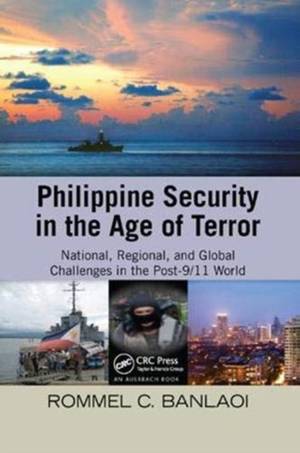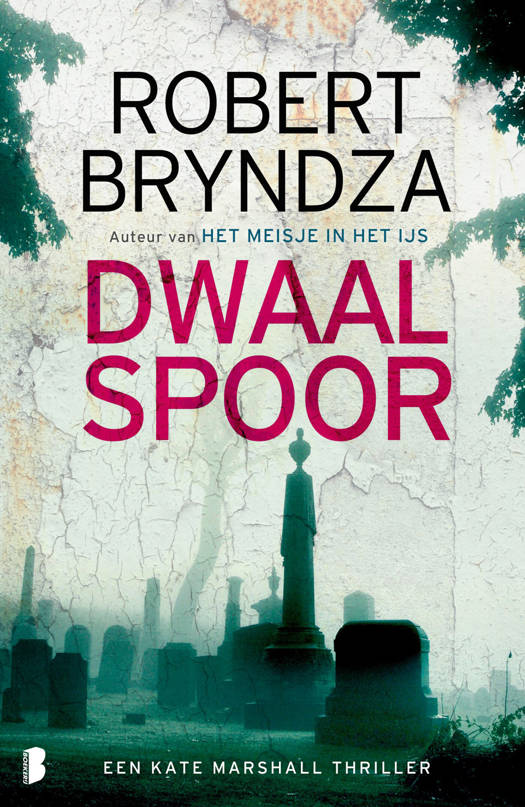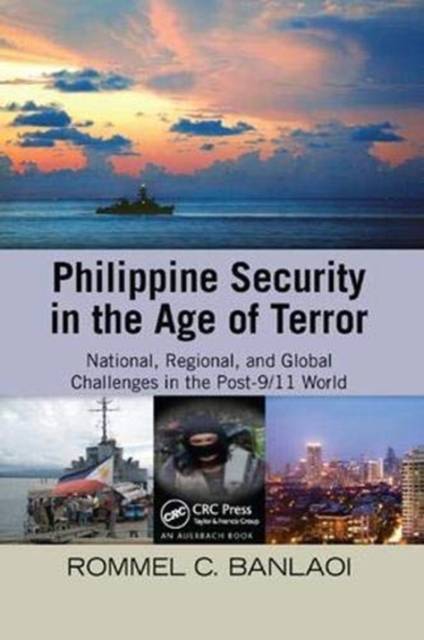
- Afhalen na 1 uur in een winkel met voorraad
- Gratis thuislevering in België vanaf € 30
- Ruim aanbod met 7 miljoen producten
- Afhalen na 1 uur in een winkel met voorraad
- Gratis thuislevering in België vanaf € 30
- Ruim aanbod met 7 miljoen producten
Philippine Security in the Age of Terror
National, Regional, and Global Challenges in the Post-9/11 World
Rommel BanlaoiOmschrijving
As the twelfth most populous nation, the Philippines' diverse religious and ethnic population makes it an ideal example of the changing tenet of what is deemed national security--post 9/11. Issues previously considered social or public are now viewed as security issues. Food production is now analyzed in the context of food security and environmental degradation is now a part of environmental security. This broadened perspective is not unique to the Philippines, but--thanks to the island nation's long struggle with issues of Muslim radicalism, democracy, and globalization--it serves as a model worth studying. And no one is better positioned to take on this study than Rommel C. Banlaoi, Chairman and Executive Director of the Philippine Institute for Peace, Violence, and Terrorism Research.
In Philippine Security in the Age of Terror: National, Regional, and Global Challenges in the Post-9/11 World, Banlaoi illustrates the increasing complexity of the issues. Divided into three sections, the book explores why a nation's security can no longer be just about its military or only about what is happening within its borders.
- Section I reviews issues specific to the Philippine people, including politics, national identity, globalization, and local and military security.
- Section II moves to bilateral security issues to report on security interests and collaborations with the United States, China, and Australia--as well as with India, Japan, and Russia.
- Section III examines selected global, regional, and multilateral issues such as maritime security, piracy, and the ASEAN Regional Forum.
The comprehensive approach and coverage within the book reflects the author's diverse interests as a scholar of politics, security, terrorism, and international relations. More importantly, it documents an intellectual journey that national policymakers across the world need to consider if they hope to achieve the shift in thinking that will promote the well-being of the world's populations as the strategic centerpiece of any war on terrorism.
Specificaties
Betrokkenen
- Auteur(s):
- Uitgeverij:
Inhoud
- Aantal bladzijden:
- 376
- Taal:
- Engels
Eigenschappen
- Productcode (EAN):
- 9781138374201
- Verschijningsdatum:
- 10/09/2018
- Uitvoering:
- Paperback
- Formaat:
- Trade paperback (VS)
- Afmetingen:
- 156 mm x 233 mm
- Gewicht:
- 709 g

Alleen bij Standaard Boekhandel
Beoordelingen
We publiceren alleen reviews die voldoen aan de voorwaarden voor reviews. Bekijk onze voorwaarden voor reviews.













